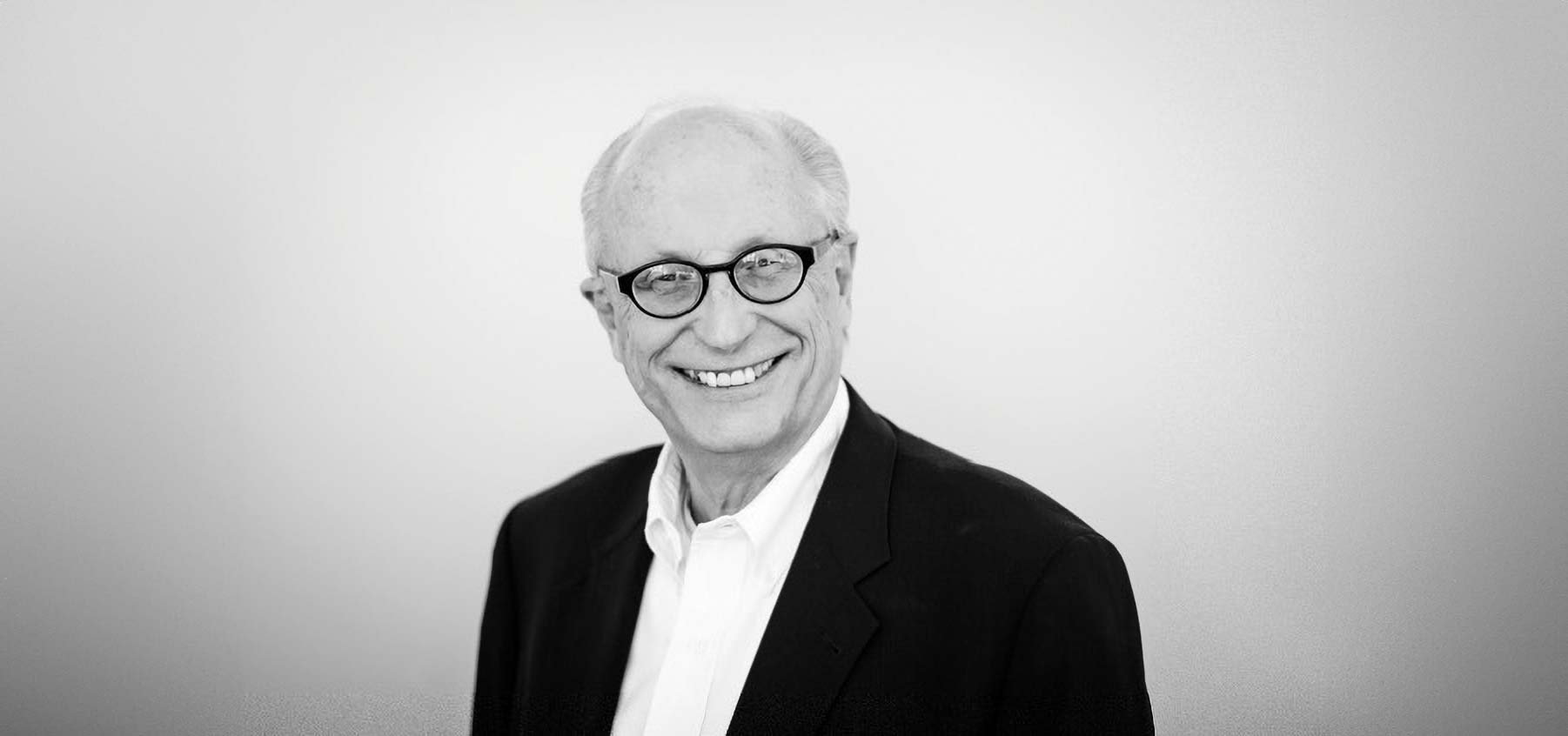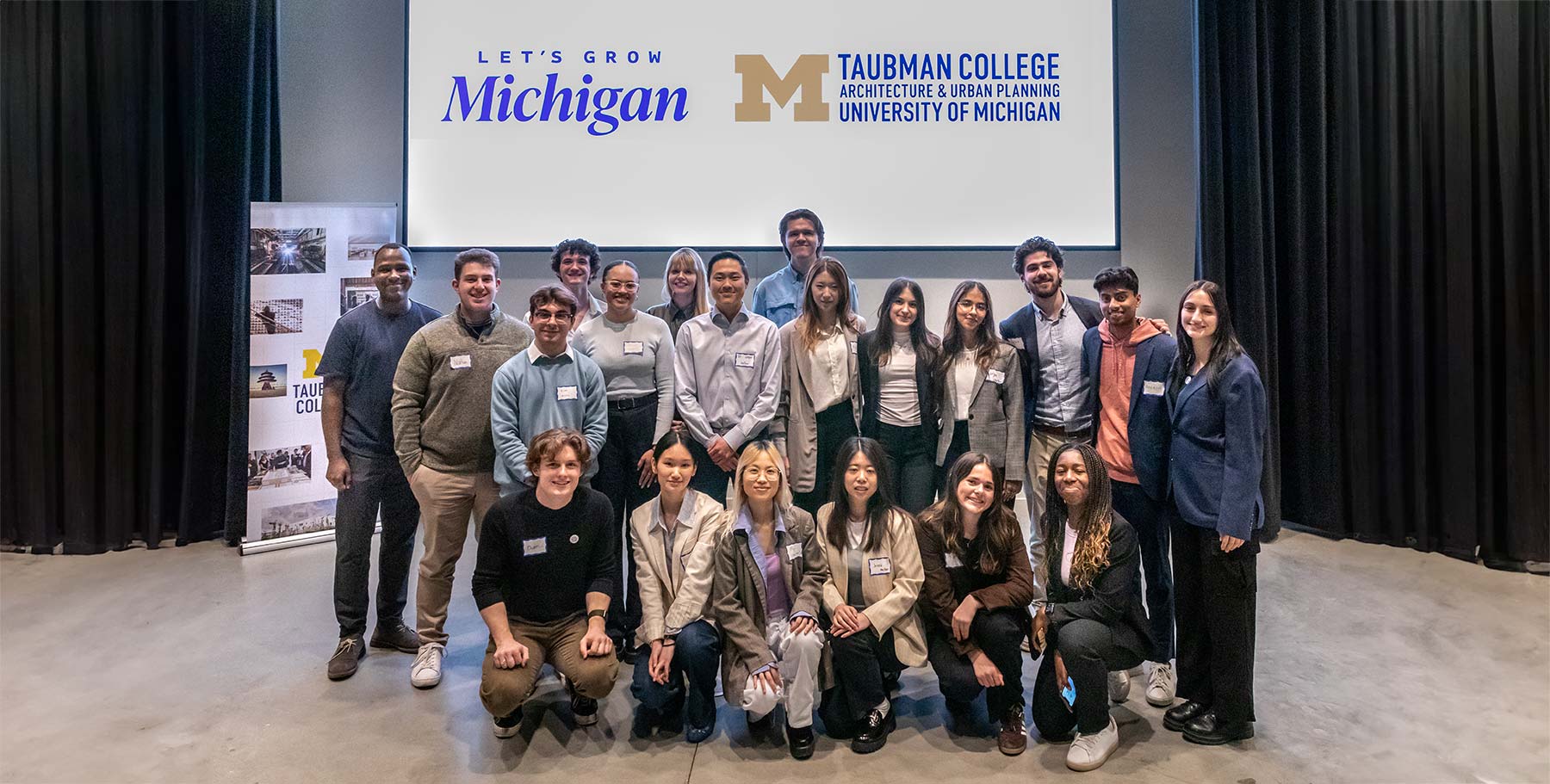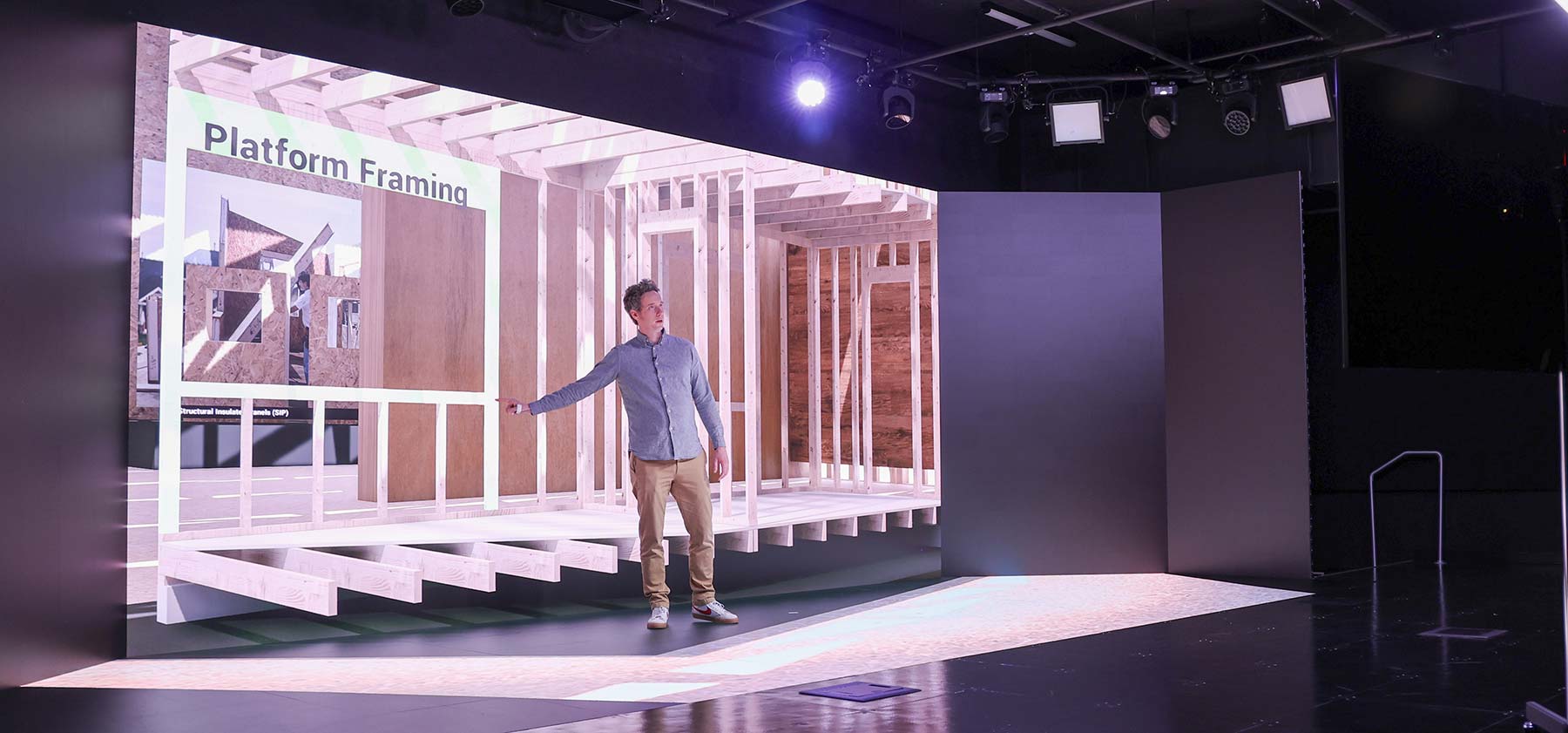“I’m passionate about climate change,” says Rich von Luhrte. “If I were 25 again and going back to school, I might study to be an ecologist or an environmentalist.”
As the architect of the Solar Energy Research Institute, which won 42 awards and was named the most energy-efficient building in the world, von Luhrte knows how something is built is just as important as what is produced and why. That knowledge and his passion for addressing climate change have led him to establish a scholarship supporting students studying urban design.
In addition to completing many high-profile and award-winning projects throughout his career, he is a member of the AIA College of Fellows, the AIA’s highest honor, given to only five percent of the profession. He says he didn’t think he could do anything to top his accomplishments as an architect until he began thinking about supporting current and future Taubman College students.
“I knew I wanted to do something in terms of climate change as a gift,” he says. “It is an existential problem in our society, and I think Taubman College and the University of Michigan can play a role in solving it.”
Von Luhrte, who retired as a senior principal at RNL, now Stantec, in 2020, views this gift to Taubman College as a continuation of the work he did in his nearly 40 years at RNL and more than 50 years in architecture practice.
“Very early on, I started the urban design department of our firm, and it changed the whole culture of the practice towards the idea of building as place rather than building this object. We did award-winning buildings, but we did them in the context of their benefit to the community,” he says.
Throughout his career, he also lectured extensively on the “Return to Town Square” and the importance of placemaking in planning and urban design.
“Whether it be heat island effect, walkable streets, or reduction in automobile use, how we plan the mixed-use environment and the form of a city has an undeniable impact,” he says.
He also joined several other alums to fund the Rocky Mountain and Western States Scholarship, which supports undergraduate architecture students from Colorado, Montana, California, Wyoming, Arizona, New Mexico, Utah, Idaho, Oregon, and Washington. By combining their efforts, von Luhrte and the other founding donors created a larger scholarship endowment than might have been possible independently of each other. To von Luhrte, it’s another way of ensuring students have the education they need to combat global problems.
“Our problems in the West are so different from those in the Midwest,” he says. “When you look at the water shortage, the Colorado River, the desertification — for Taubman College to continue to be a world leader, they need students from places like Colorado to enrich the program and bring a different perspective,” he says.
“That’s one reason I give because I’m taking action on an issue of great importance to the place I live. The other reason is to give someone who might not otherwise have it an opportunity to study at a school as great as the University of Michigan.”
Studying architecture at the University of Michigan was a life-changing experience for von Luhrte, and he recognizes the value of ensuring students today have the same opportunities.
“I was the first student in my family to go to college. Just getting accepted to a prestigious school like the University of Michigan was amazing. But equally amazing was my experience there and how the architecture program and the school taught me so much about problem-seeking and problem-solving that I would say grew me up and prepared me well for my career,” he says. “I formed foundational relationships there as well. Professor Carl Johnson’s Saturday morning studio in site planning started my quest for urban design, and he became a lifelong mentor to me.”
Since graduating from the University of Michigan, von Luhrte has remained impressed with the quality of students graduating from Taubman College. He started a culture in his firm of attending the Taubman College Career Fair and other recruiting events at the University of Michigan every year to hire graduating students. In his experience, he found University of Michigan graduates were prepared to tackle real-world problems in a way that other recent graduates weren’t.
“The culture of problem-seeking and problem-solving has led Michigan alums to become thought leaders in ever-changing issues,” he says.
It’s why he hired students from Taubman College and the University of Michigan every year and is focusing his giving on Taubman College now.
“I would like to have a greater awareness of the issues confronting the place I’ve chosen to live. I would love for these scholarships to enrich the opportunity to study both architecture and urban design in terms of the current issues that are befalling our country and our planet,” he says.
“I think you create scholarships because you want to lend your perspective on issues of importance at the university while, at the same time, enabling students to have the same enrichment that you had at the University of Michigan.”
Portico: Fall 2023
- Patricia Gruits, B.S. Arch ’04, M.Arch ’06, is Doing More with Purpose-Driven Architecture
- Whitney Kraus, B.S. Arch ’05, Bridges the Gap Between Designers and Developers
- Rich von Luhrte, B.Arch ’68, Funds Scholarships to Continue His Legacy of Addressing Climate Change
- Dillon Erb, M.Arch ’14, and Daniel Kobran, M.Arch ’14, Explore the Benefits of Paperspace’s Acquisition by DigitalOcean
- From Michigan to Ghana to Michigan: Architecture as Culture, Collaboration, and Community
- Celebrating Twenty-Five Years as Taubman College
- Help Taubman College Build Tomorrow: Martin Rodriguez Jr.’s Story





